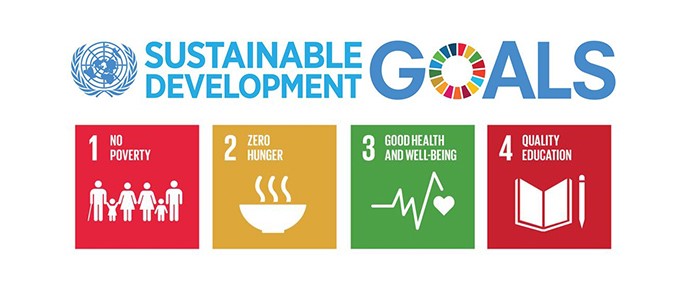General Food Distribution, School Feeding, Supplementary and Therapeutic Feeding and
addressing Malnutrition
“Malnutrition caused by extreme hunger, both consequences of poverty, continues to be the biggest killer of children in Africa with more children dying of hunger than AIDS, Malaria and TB combined.” – World Food Programme
Our food and nutrition programmes save, transform and empower lives in Africa.

JAM provides emergency food aid and assistance to vulnerable communities affected by natural disasters such as droughts and floods, and in response to conflict. There is no one “right” way to aid hungry people.
While food aid is essential in certain scenarios, it sprang forth as a solution to a basic and instinctive human response: people were hungry, so we fed them. Appropriate interventions depend on numerous factors that need to be considered in response.
Food assistance, by contrast, involves a deeper understanding of people’s long-term nutritional needs and of the diverse approaches required to meet them. It implies not just emergency interventions, but tailored, sustainable programmes designed to increase food security and uplift a whole community.
At JAM, we balance the urgency to alleviate hunger here and now with the broader objectives achieving food security, improving nutrition and promoting sustainable agriculture.
The quality of a child’s education can only be assured if they have sufficient nutrition for body and mind.
Through school-feeding, we are achieving increased school attendance and providing children with the right nutrition needed to concentrate on lessons, to learn and to develop properly.

School feeding programs are recognized as a key part of food assistance, as well as relief in emergency and development programs. They are primarily concerned with the transfer of food to school to alleviate hunger, meet daily consumption needs and encourage attendance and retention. Community Agriculture Projects such as school vegetable gardens have received attention in recent years because of the links to agricultural development and have therefore been widely viewed as a means to address food insecurity whilst still promoting rural development goals in Africa.
School feeding is defined here as the provision of food to school children. In some countries, in-school meals are combined with take-home rations for particularly vulnerable students to generate greater impact on school enrollment as well as improve retention rates and reduce social gaps.
The three main reasons to implement school feeding programs are to address social needs and to provide a social safety net during crises; to improve learning and educational outcomes; and most obviously, to enhance nutrition.
In the poorest countries, school feeding programs are emerging as a common social safety net in response to a crisis. School feeding programs provide an important opportunity to assist poverty-stricken families and to feed hungry children. These programs have the potential to combat hunger and support nutrition through micronutrient fortified food, supplementation and anthelmintic treatment (deworming). They provide impoverished families with an incentive to send their children to school – and keep them there, all the while improving their children’s education. These programs can be used to target the most vulnerable.
Our food and nutrition programs are tailored to align with the United Nation’s Sustainable Development Goals (SDGs), those of No Poverty, Zero Hunger, Good Health and Well Being and Quality Education.
Our programmes provide urgent life-saving interventions and direct assistance to meet immediate needs.
Our food and nutrition programme includes among others, the following projects in Angola, Mozambique, South Africa, South Sudan and Uganda.
Our interventions are designed to:
- Save lives
- Empower individuals
- Transform communities
- Promote education
- Develop resilience and stability
ANOTHER CHANCE TO LIVE
ANGOLA
Ten-month-old Albertina looks emaciated and is clearly malnourished.
In March 2019, her health deteriorated drastically and she experienced fever, coughing, loss of appetite and severe weakness. Albertina was eventually admitted to the Ganda nutrition clinic weighing just 4.2 kgs. Through supplementary feeding and provision of F75 and F100 therapeutic milk, the clinic staff were able to stabilize Albertina.
“I feared so much for my child’s life such that I could hardly think or function. I watched as she wasted away…” says Sabina, mother to Albertina.
After just a few days, Albertina was discharged weighing 4.8kgs and sent home with a take-home ration of fortified rice, a welcome reprieve for a family who are so obviously food insecure.
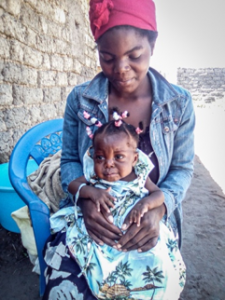
FED, HEALTHY AND SMART
MOZAMBIQUE
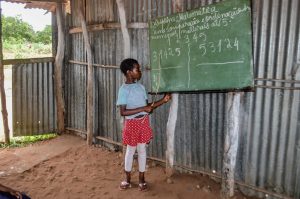
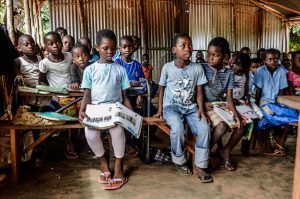
After being enrolled in first grade at age seven, Lucinda was forced to drop out of school. Constant hunger meant that walking to school and spending the day on an empty stomach resulted in a weak and sickly young girl, a reality faced by many impoverished children in rural Mozambique.
With only one meal a day in the family, it was decided that Lucinda would remain at home rather than walk the distance to school then attempt to learn fatigued and with low concentration, and still walk home after school.
In 2018, Lucinda moved again, this time to the home of her grandmother, Arminda.
Arminda learnt about a JAM school feeding programme in the community and decided to enrol Lucinda where she receives a nutritious bowl of CSB porridge every school day.
“The presence of school meals was the key deciding factor to send Lucinda back to school,” Arminda says.
Lucinda, whose favourite subject is mathematics has flourished at school, wanting to be a teacher herself one day. Lucinda now understands the value of a good education and would like to help other children to get one too.


